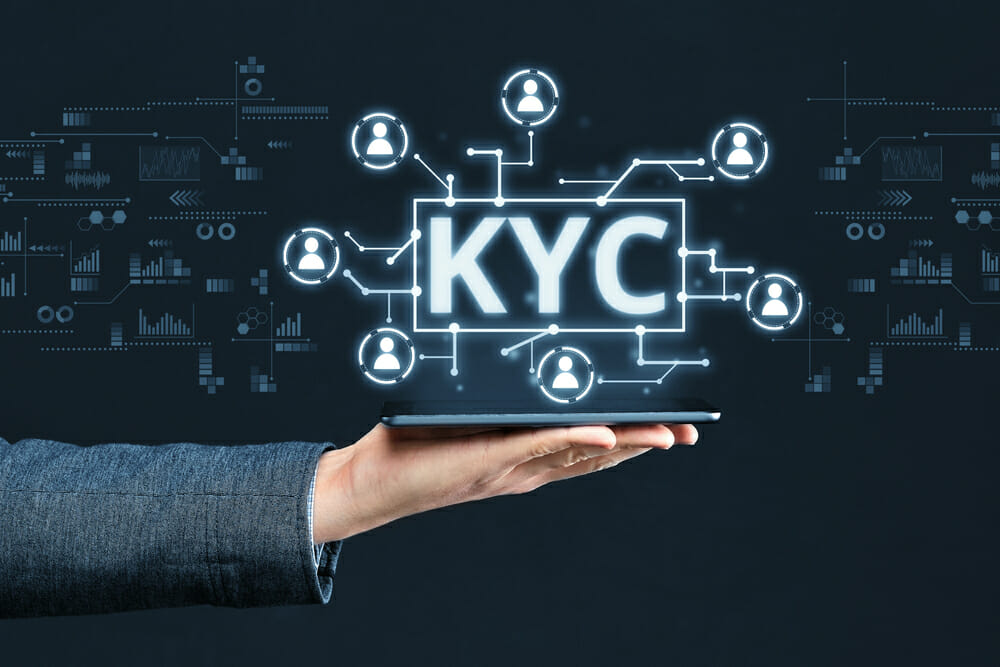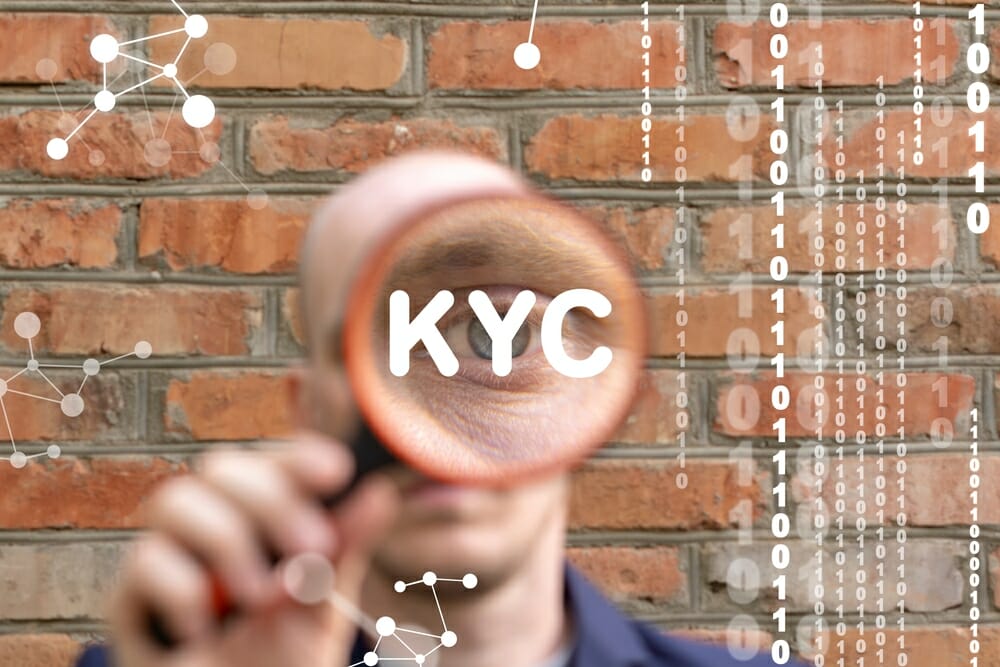Know Your Business (KYB) compliance is essential for law firms to verify the legitimacy of their business clients, mitigate risks, and adhere to regulatory requirements. This article explores the best practices and strategies for...

Simplifying KYC Compliance with iComplyKYC
Simplifying KYC Compliance with iComplyKYC
Today’s business and commerce markets are moving faster than ever, and with a rapidly evolving landscape, knowing that you have the best protocols and tools in place to stay compliant with Know Your Customer (KYC) and Anti-Money Laundering (AML) standards is essential. 2022 saw nearly $5 billion levied against businesses globally for counter fraud infractions, and with cyber security remaining a chief concern amongst global regulatory boards, staying on top of KYC is no longer a nicety, it is an absolute necessity.
In order to create a streamlined approach that meets the demands of all jurisdictional mandates, utilizing a proven KYC software like the suite of multi-faceted solutions offered by iComplyKYC is one of the best ways to stay on track and ensure you have everything you need to stay compliant and efficient.
Below, we’ll take a closer look at the importance of KYC procedures, as well as the benefits of partnering with a vetted industry leader like iComply. Read on to learn more.
Why KYC Matters
As we enter to a cultural and socio-economic shift that sees more consumers and businesses moving their operations online and into the digital world, the risk of criminal activity in increasingly decentralized markets is higher than ever before. Identity theft, fraudulent claims and misappropriation of funds are on the rise, and due diligence legislation has become vital to circumvent criminal activity. In addition to hindering multiple illegal ventures, KYC also allows your business to establish trusted customer identities, and accurate risk profiles, and avoid accidental association with those who may have ties to illicit activity like money laundering, human trafficking, terrorist funding, and more.
The iComply Approach
iComply believes in establishing trust in every transaction and removing the barriers that often keep companies from creating streamlined anti-fraud systems. Our unique modular suite of KYC software makes it easy to integrate our platform into your existing system, and leverages advanced technologies such as edge computing, machine learning, and refined algorithms to provide a seamless end-to-end experience. Backed by industry partners like Microsoft and Deloitte, iComplyKYC offers users the following:
Real-Time Monitoring and Risk Identification
As recent world events have reminded us, customer profiles and associated risks can change rapidly in the face of evolving conflicts and previously undiscovered associates. Being able to consistently evaluate and seamlessly reassess the known risk of your user base is essential to preventing criminal activity, and failure to identify new, problematic details, can spell disaster for businesses.
iComplyKYC gives you access to real-time monitoring of over 150 million data sources, including sanctions lists, watchlists, regulatory bodies, and adverse media. This comprehensive coverage enables businesses to stay up-to-date with potential risks and promptly identify any suspicious activities.
Natural Language Processing
iComplyKYC employs sophisticated Natural Language Processing (NLP) powered by artificial intelligence for efficiency. NLP enhances identity verification by finessing and assessing core human traits (as well as identifying human users) through the understanding of speech patterns, named entity recognition, spam/bot detection, and more.
The integration of NLP into iComplyKYC allows our platform to quickly identify, aggregate, and adjudicate potential risk results, significantly enhancing the speed and accuracy of compliance processes while also reducing the risk of human error.
Customizable Compliance Workflows
Every jurisdiction has its unique regulatory requirements, and global regulatory boards often implement new mandates to correspond with the rising risks of specific criminal activity. iComplyKYC is designed to be adaptable and easily integrated with over 250 jurisdictions worldwide. Our team knows that the ability to pivot and restructure in real-time, alongside evolving laws, is key to avoiding fines and contributing to the effective elimination of financial crime globally.
iComply’s KYC software also offers fully integrated data visualization, empowering businesses with actionable insights and information precisely when they need it. This feature allows compliance teams to make informed decisions quickly and efficiently.
Creating a Better Path Forward
At iComply, we know KYC and AML protocols are one of the most important parts of creating a strong preventive foundation against fraud and other forms of finCrime. We know that staying on top of constantly evolving legislation can be tricky, but we believe that the key to reducing opportunities for crime lays in creating trusted and secure digital ecosystems that empower businesses to act with confidence (and compliance) through every stage of their interactions with clients and other institutions. Learn more about how we can help empower your KYC practices by contacting our team today.
learn more
Is your AML compliance too expensive, time-consuming, or ineffective?
iComply enables financial services providers to reduce costs, risk, and complexity and improve staff capacity, effectiveness, and customer experience.
Request a demo today.
Navigating KYB Compliance for Law Firms
Decentralizing Blockchain Identity Verification with Edge Computing
Blockchain identity verification is a secure and transparent method of verifying identities, but decentralizing this process with edge computing can further enhance its efficiency and security. This article explores how edge...
Edge Computing and Real-Time AML Monitoring
Anti-Money Laundering (AML) monitoring is crucial for detecting and preventing financial crimes in real-time. Edge computing plays a vital role in enhancing real-time AML monitoring by providing improved data processing speed,...








